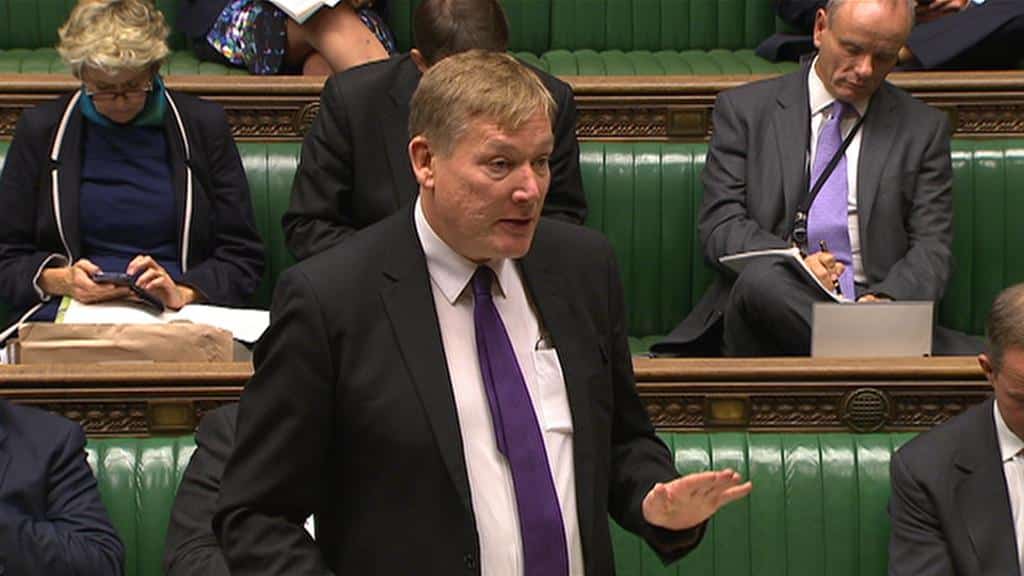This was a speech that stood out. The Chamber of the House of Commons was packed. Important things were to be decided. Speeches were made that may have been technically better, more polished, more prepared. This speech was written that morning. It was written by the man who delivered it. It was delivered by an MP who had been a soldier. It was short. It was real. It came from the heart. It was the best speech of the day. Quite possibly one of the best of the year.
Here are some of the best bits.
“During my basic training in the Army, I realised that a sergeant shouting at me to stab and scream and stab again a bale of hay with a fixed bayonet was teaching me how to rip somebody apart. A few years later, I saw the remains of an IRA terrorist unit that had been ambushed by a Special Air Service unit. The remains had been shredded by the hundred of bullets that had gone through their bodies.
“Following the first Gulf war, a friend of mine showed me some pictures that he had taken of the convoy attempting to escape back up to Iraq. One of the pictures was of the charred, black head and a desperate hand – black and maimed – of someone trying to leave their vehicle. There is nothing glorious or romantic about war. To those in the media who have portrayed what is happening now-or what has happened in previous wars-as some form of entertainment, I say that that is just not right. I am afraid that human beings need to commit brutal, savage attacks on each other to win wars.
“I have spoken in the House before about our lack of political capital following the illegal war in Iraq and what I believe is a folly in Afghanistan. There may be moral reasons to fight again, but I will be honest: we are struggling to find the moral high ground from which to project that morality. As people have said, Gaddafi is the man who brought down the Pan Am plane over Lockerbie, the man who shipped the weapons that killed some of my colleagues and the man who killed WPC Fletcher. However, I feel uncomfortable about going to war. It is not a simple choice; it is a really difficult choice to contemplate.
“This morning when I was coming to work, I listened to a phone-in from BBC television about whether we should kill Gaddafi. It was almost gladiatorial, as though people were phoning in so that we could see whether the populace was giving a thumbs-up or a thumbs-down. I have to say that I was fairly disgusted that the killing of another human being, however disgusting he is, could become a form of entertainment.
“While we pontificate about morality and our obligations, brave men and women are putting their lives at risk at our request. This is not a debate about student fees, the Scotland Bill or the double summer time Bill; this is about the business of war. We do not take this decision lightly. While we wage war on our enemy, Muslim brothers and Arab leaders-with a few exceptions-remain silent. It is more convenient for the infidel to kill their Muslim brothers and gesture disapproval than it is to stand up to a tyrant. To the new leaders of the emerging democracies out there in the middle east, I say this: ‘The next time a murderer comes to the end of his reign, you gather in your House, like we are today, and think about how you’re going to take your share of the responsibility and what you’re going to contribute’.”
If you believe what you are saying and your content is personal and powerful you can do your own speechwriting. The raw power of this speech would have been compromised by all but the very best and most sensitive speech writer. I think this speech and its powerful authentic delivery did what Kris Hopkins wanted – to make his point eloquently and powerfully. What more could anyone want?

